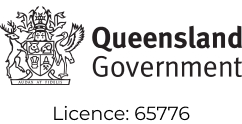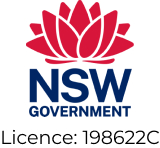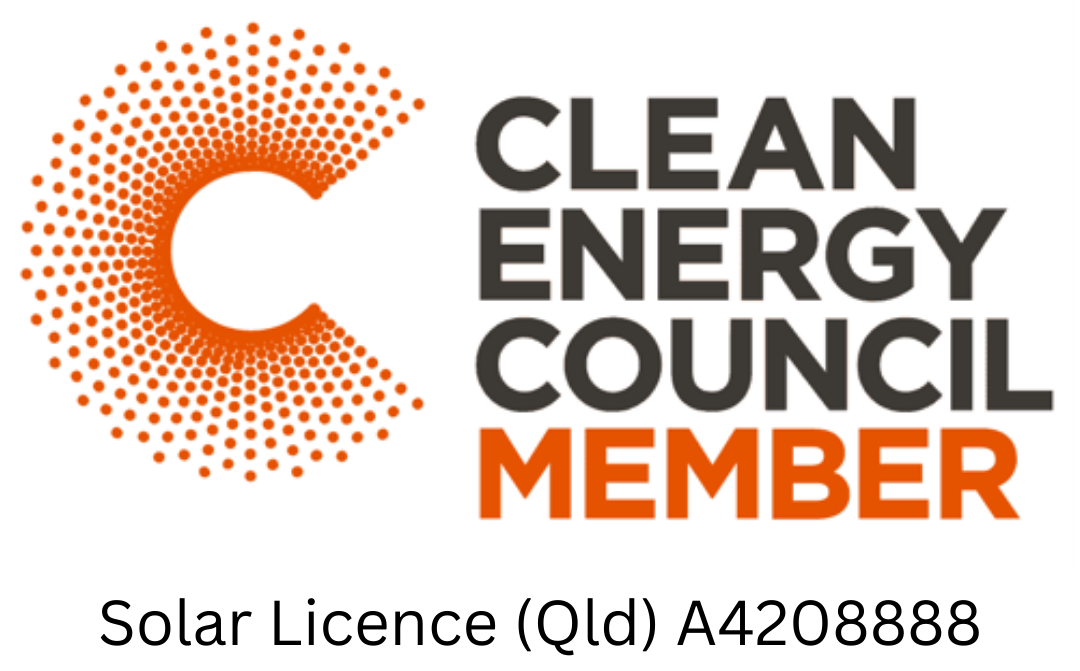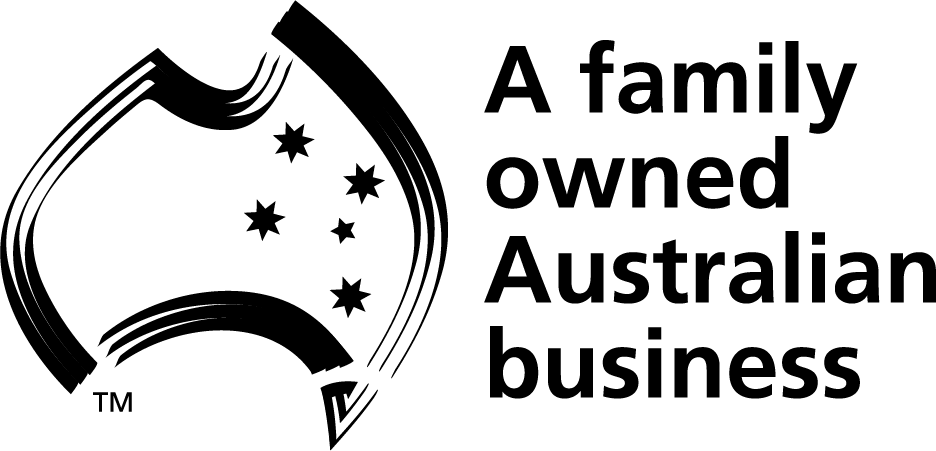What are Electricity Tariffs?
With the price of energy rising, it’s time to know what your tariff options are and how to understand your electricity bill. Tariffs can be confusing with the energy jargon and all the different tariffs out there but what does it all mean?!
To simplify electricity (and gas) tariffs, we’ve decided to pull together all the tariff essentials and break it down for you. If you would like some further information or assistance with your home or workplace electricity tariffs and meters, give the electrical team at Fallon Solutions a call today on 1300 762 260.
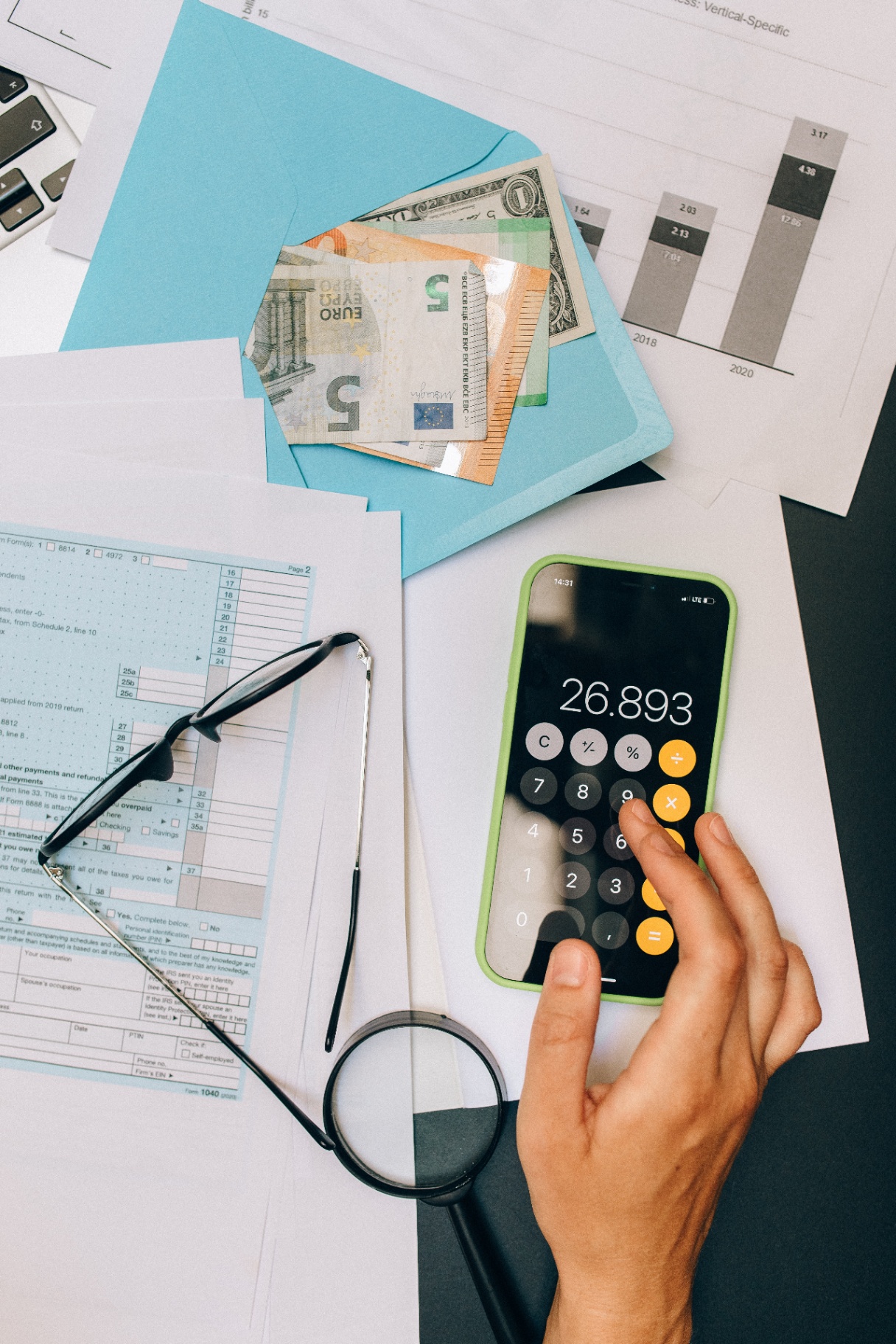
What is a tariff?
Put simply, a tariff is the price you pay for the energy that you use. Tariffs vary and depend on who your energy distributor is and the type of meter you have. There are different types of tariff rates, which can be dependent on where you live as well as your meter.
What are supply, usage and demand charges?
Tariffs are made up of the following components:
-
Supply charge
What you will need to pay every day, to have electricity or gas supplied to you. For electricity, this is a daily charge of usually around $1 per day in QLD which is listed as cents per day (c/day) and for gas, it is typically around 80 cents per day.
-
Usage charges
The electricity or gas that you use, which may vary depending on the time of day or the season. Listed as cents per kilowatt-hour (c/kWh) for electricity and cents per megajoule (c/MJ) for gas.
-
Demand charges
Charges for the demand you place on the electricity network and are listed as dollars per kilowatt ($/kW) per month.
Electricity tariffs in detail
Flat rate tariffs
Energy usage is applied at the same flat rate at all times. It is also called peak, flat rate, standard or demand.
Time of use
Depending on the time of day, a different rate is charged for usage. Electricity is most expensive on weekday afternoons and early evenings, and cheapest late night through to the early morning.
Demand tariffs
Demand tariff charges are based on the demand that you place on the electricity network. Your demand is measured over 30 minute intervals that are set by the electricity distributor in your area and you are billed based on your highest demand during that period.
Off peak tariffs
Off peak times refer to when the electricity network usage is low leading to electricity prices being lower during these times. Off peak times are usually at night and weekends.
Controlled load
Electricity use of large standalone appliances, such as the hot water system, are referred to as controlled load usage. Controlled loads are metered separately from the rest of the property and are billed at off peak rates. The price is lower as electricity will only be supplied during off peak times.
Solar feed-in tariffs
Any electricity that your home’s solar power system sends back to the grid is credited on your bill after you have been charged for electricity.
Need professional electrical services from a local Master Electrician?
We Can Be There Today!
Book online or call 1300 054 488
Book Online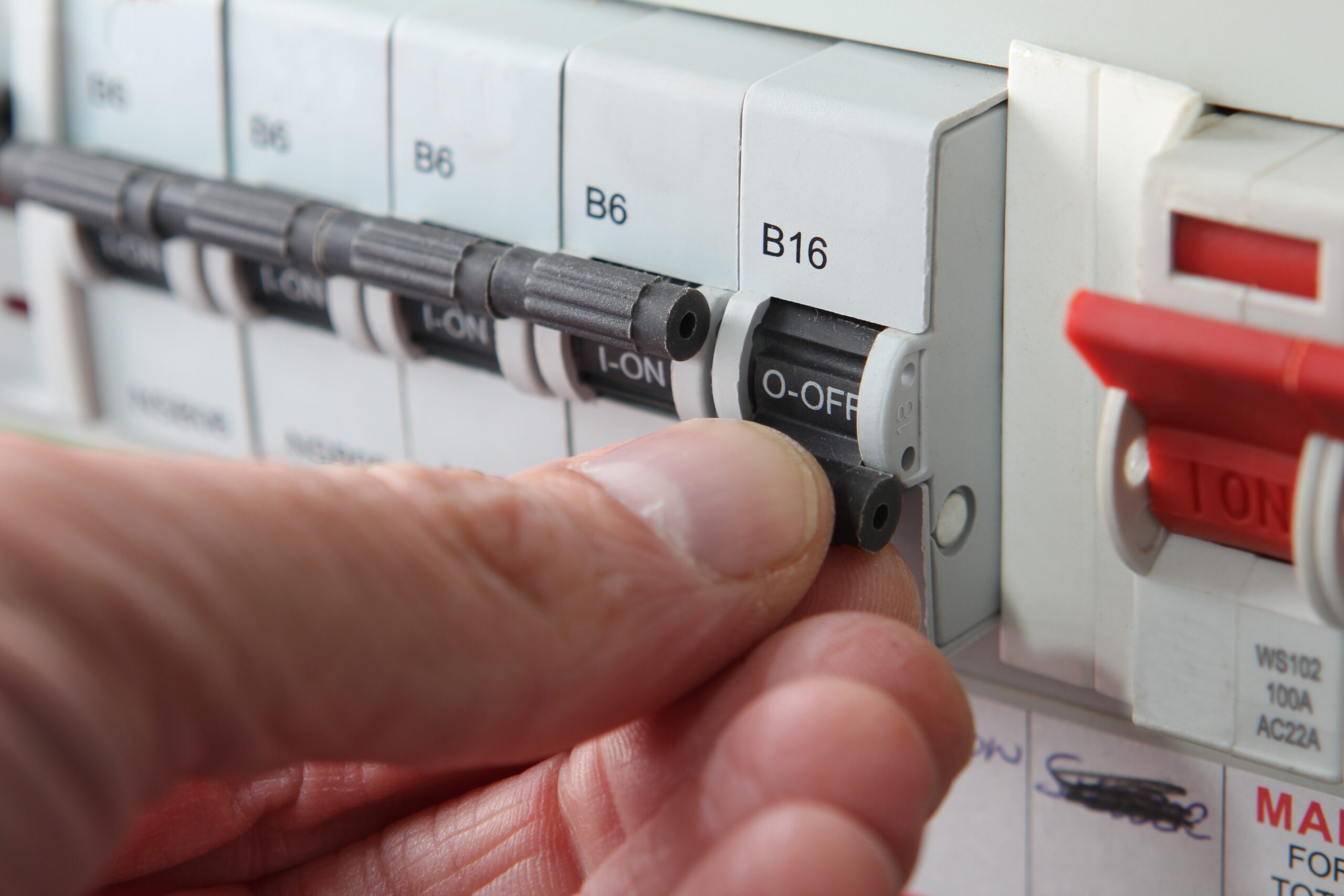
Choosing a tariff depends on your meter
Initially, your tariff will be set up by your energy distributor. Selecting the right tariff for you could reduce your bills, but this will depend on the type of meter that you have:
- Basic meter – Flat rate peak tariff will apply
- Digital meter – You qualify for a peak and off peak tariff. If you also need a controlled load, this will normally be a separate meter within your meter box.
- Smart meter – You qualify for peak, off peak and controlled load tariffs

If you are looking for further information, give Fallon Solutions a call today on 1300 762 260.
References:
https://www.qld.gov.au/housing/buying-owning-home/energy-water-home/electricity/electricity-prices/electricity-prices-tariffs
https://www.aer.gov.au/consumers/my-energy-bill/tariff-and-fees-explained
https://www.energyaustralia.com.au/home/electricity-and-gas/compare-electricity-and-gas-plans/tariffs
https://www.canstarblue.com.au/electricity/electricity-tariffs-and-charges-explained/

